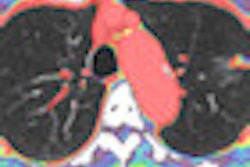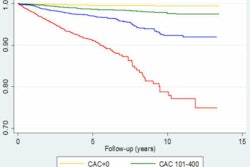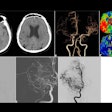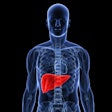Democrats and Republicans have joined forces to introduce the Lung Cancer Mortality Reduction Act of 2011, legislation that would include the launch of a pilot lung screening program.
Introduced simultaneously on April 6 in the U.S. Senate as S 752 and in the House of Representatives as HR 1394, the bills would establish a "comprehensive response to reduce lung cancer mortality in a timely matter" by coordinating the efforts of several U.S. agencies, according to the text of the Senate bill.
The legislation, which has been referred to committee, represents the latest effort to mount a nationwide response to lung cancer, which the sponsors note accounts for 28% of all cancer deaths -- exceeding the combined total of all deaths from breast, prostate, colon, and pancreatic cancers.
The coordinated program would address all aspects of lung cancer, including a five-year national CT screening demonstration program, according to the text of the legislation. The legislation would require the Departments of Health and Human Services, Defense, and Veterans Affairs to coordinate a public health strategy to combat the disease.
In 2010, the National Cancer Institute released the first results of the National Lung Screening Trial (NLST), a large-scale randomized national trial comparing the effects of low-dose CT screening and chest radiography in reducing lung cancer mortality. Those results showed 20% fewer lung cancer deaths among study participants screened with CT.
Based initially on the NLST data, the five-year demonstration screening program would aim to accomplish the following:
- Identify optimal risk populations that would benefit from screening.
- Develop an effective, safe, equitable, and cost-efficient process for screening and early disease management.
- Allow for continuous improvements in quality controls for the process.
- Serve as a model for the integration of health information technology into the healthcare system.
U.S. Sen. Dianne Feinstein (D-CA) also co-sponsored the Lung Cancer Mortality Reduction Act of 2009. The NLST results have given new impetus to efforts to screen more individuals at risk of lung cancer. The legislation notes that only 16% of lung cancers are diagnosed at a treatable stage.




















